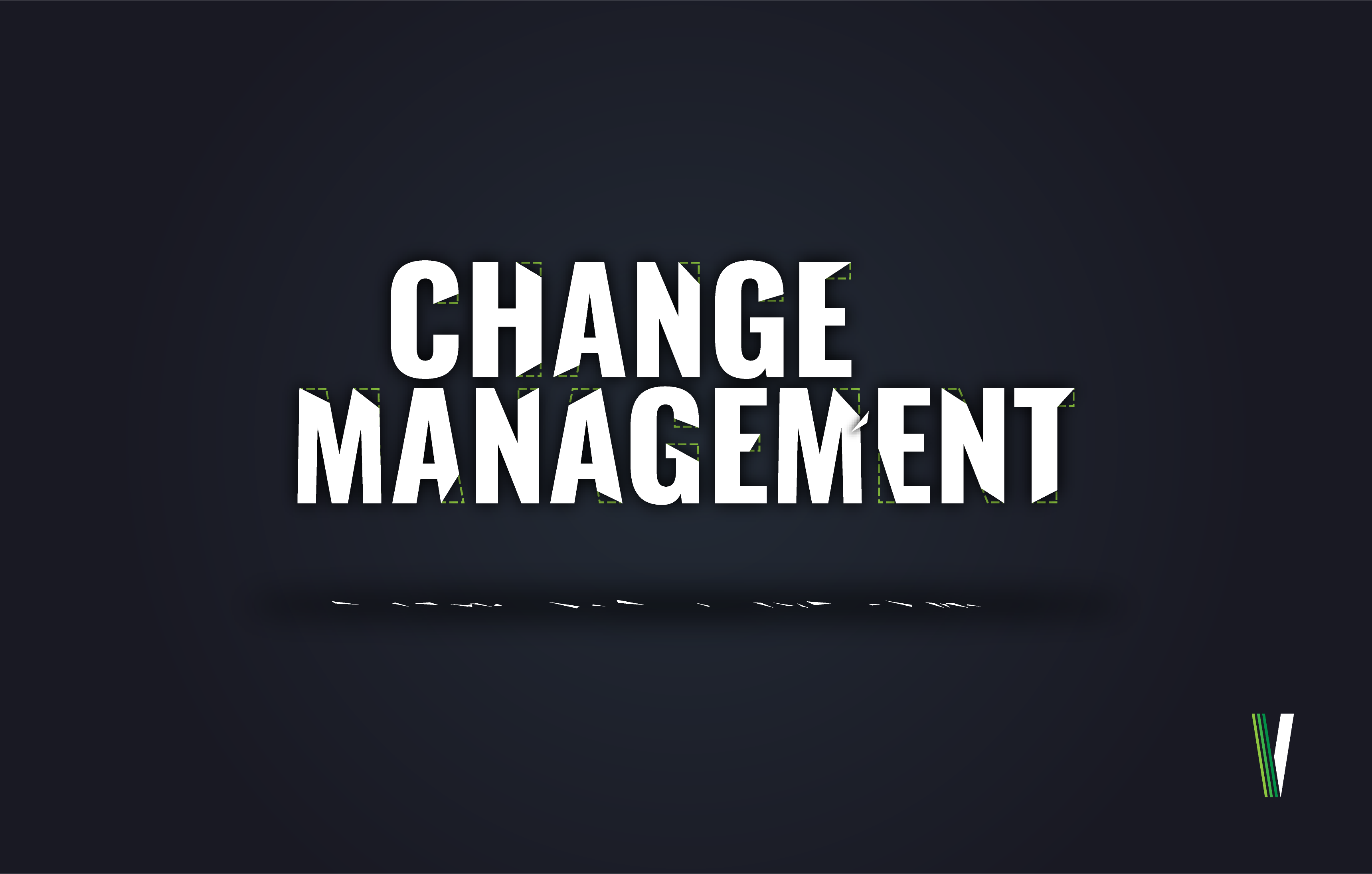Change management may be one of the top buzzwords in business right now, but it’s not a new concept. Companies and their people have had to adapt with evolving systems and processes for generations. The world, industry, and specifics of the business change and everyone else must change with it.
But just as the concept itself is not new, neither is executives trying to pinch pennies and cut corners with change management in order to save money. There could be a couple reasons for this. By the end of the project, the company may not be as on track as it wished, budget-wise. Or it could just be that change management is seen as an added expense tacked on that is not a necessity. Often, the business doesn't understand the tangible benefits it is receiving with change management services.
Taking this view would be a mistake, especially given the evolution that has taken place over the last few years. Change management is as important as ever. Here’s why.
Virtual is becoming the norm
As recently as four years ago, the majority of companies had its employees in the office. This was important because whenever the business needed to communicate change and then train its people, that could happen face to face at designated times.
Fast forward to now and more employees are remote and working more flexible schedules. Instead of dedicated, in-person trainings, companies must make their change management processes more electronic, revamping training for Zoom calls and offering it on demand whenever employees are able to access.
It’s not that virtual training is worse. Instead, it’s just much easier for communication to fall through the cracks in our new world if these change management processes are both not a priority and are also not catered to a virtual environment.
Business is evolving…fast
The rate of change in business is as fast as it has ever been. New advancements in technology mean previous systems can become out of date in a matter of months, let alone years. Companies are also shifting their business models, go-to-market strategies, and ways of working to adapt to the new landscape we’ve seen over the past three years.
This means that keeping up is more of a challenge. The days of a business having the same model, process, and system for a decade are long gone. Standing still is falling behind, and companies can’t afford to do that. So, they must continue to change, and the only way to do that successfully is through effective change management.
Speaking of constant change…
Change management must be an always-on effort
Where we often see companies fail is that updates aren’t communicated nearly as well as the initial system launches. Again, at the rate business evolves, something is being updated or tweaked on a weekly or monthly basis.
So, let’s say you held trainings and implemented some initial change management processes when rolling out a new platform or process. That’s great. But then a month later one portion of the platform is upgraded, and then another area of the process is tweaked, and so on.
Even small changes can greatly impact employees and their ability to perform if they aren’t made aware and properly educated on what the change means for them moving forward. These little misses in communication pile up and can prove costly.
Get a partner you can trust
Keeping up with change and ensuring that your company isn’t negatively impacted is a full-time job. Often, it’s one you don’t have time for internally, which is why it becomes neglected. That’s where the right partner can help keep everyone in your organization on the same page and operating smoothly.

